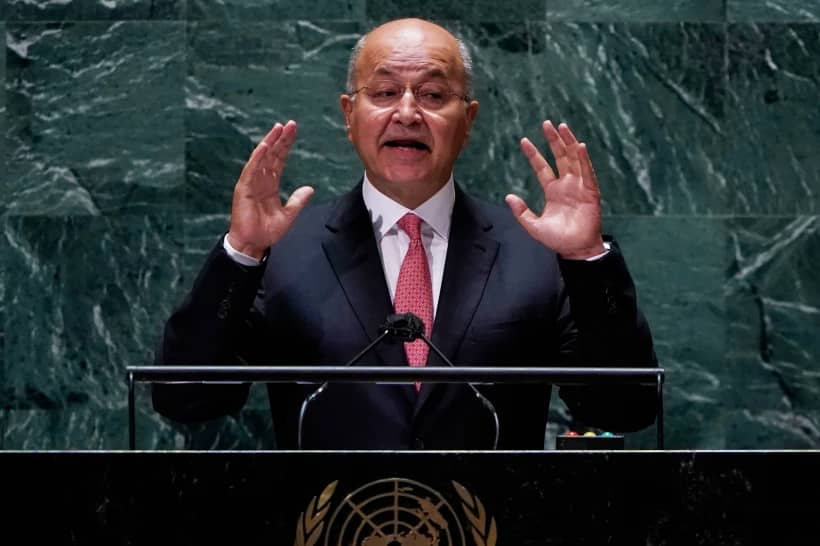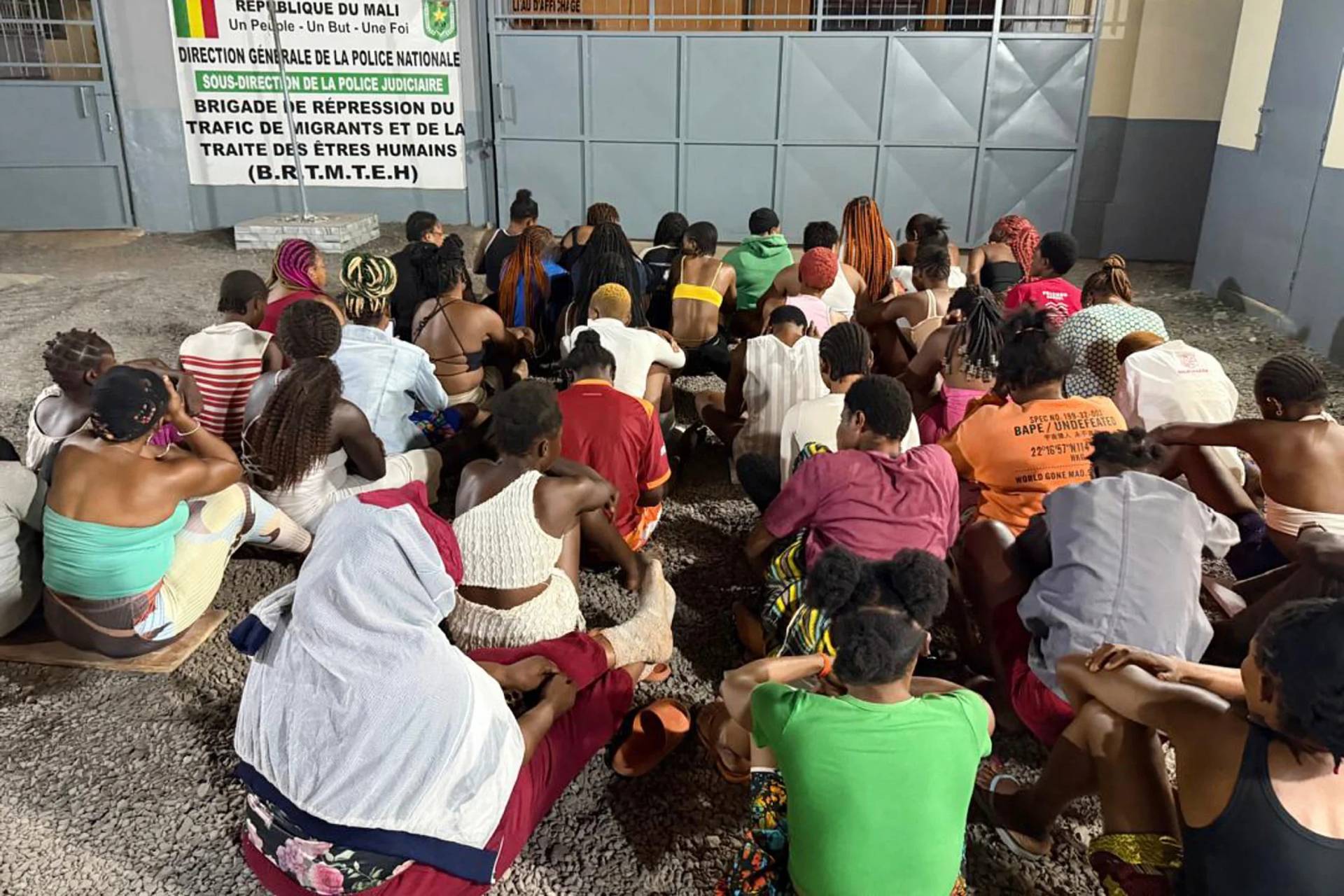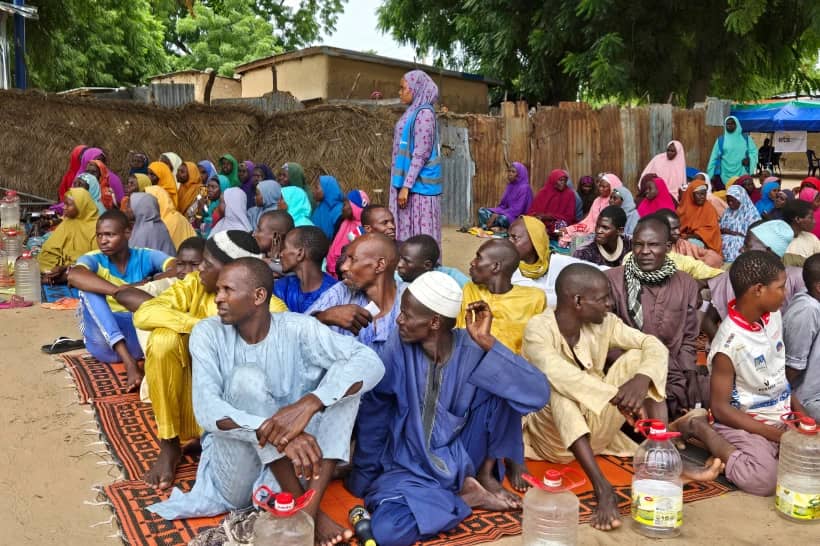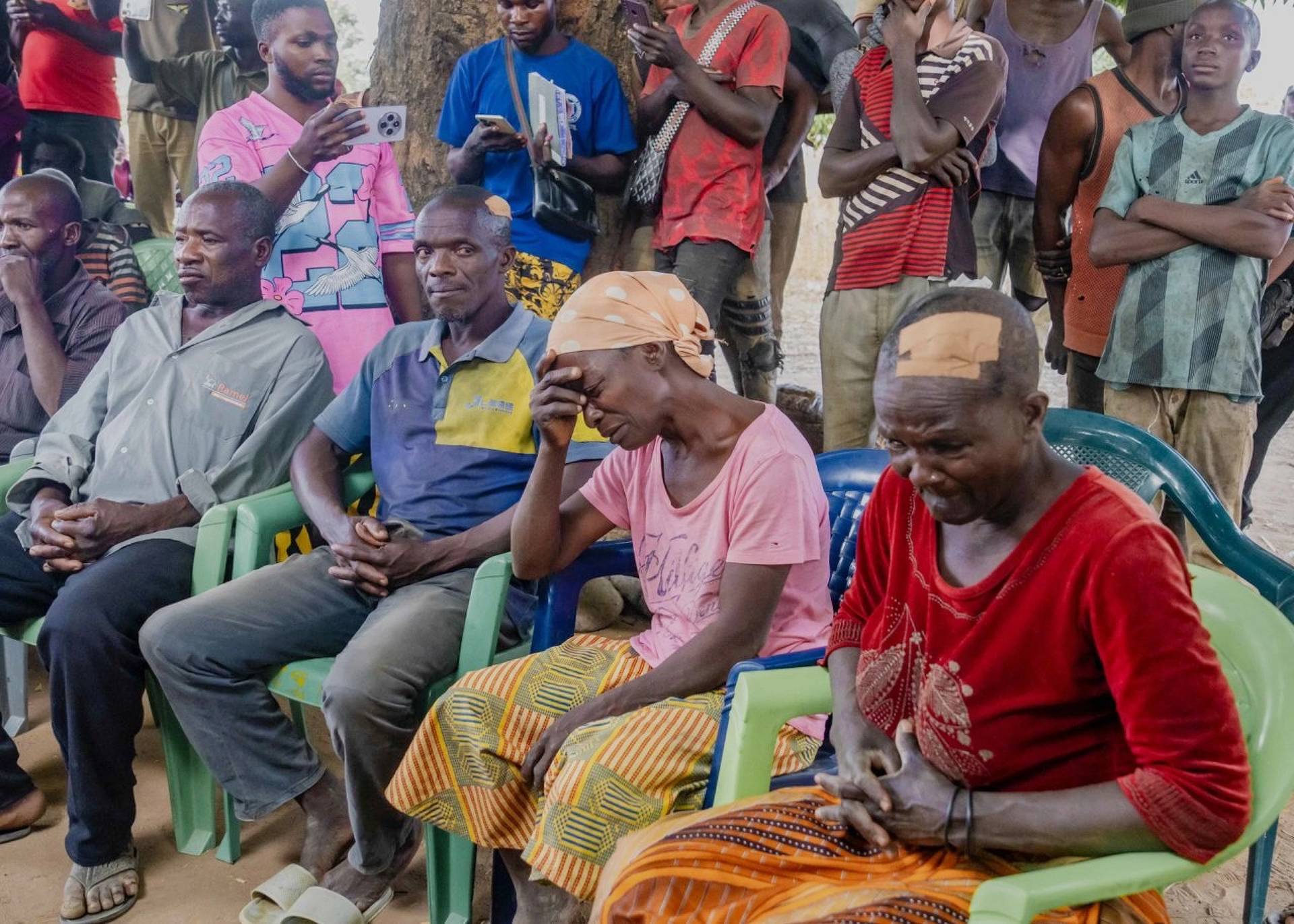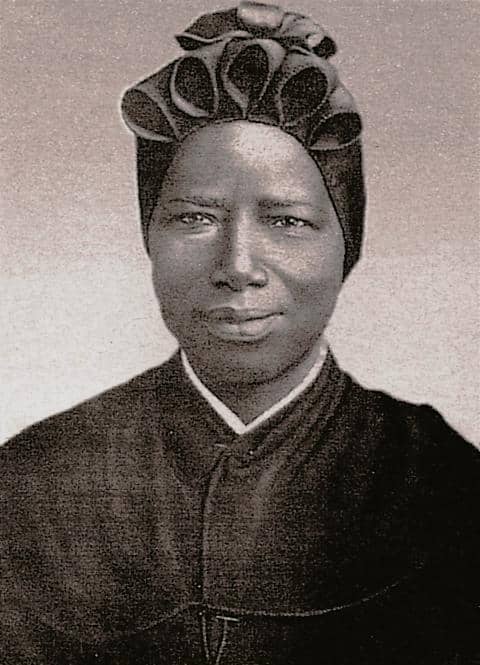YAOUNDÈ, Cameroon – Several experts are warning that the humanitarian situation in Africa’s Sahel Region could spiral out of control, without outside intervention.
The Sahel is where the Sahara region meets sub-Saharan Africa, and the western Sahel – including Chad, Burkina Faso, and Mali – is suffering political and social upheaval, combined with food insecurity are driving people from their homes.
Jennifer Overton, regional director for Catholic Relief Services (CRS) in West Africa, says climate change is worsening what she calls a “vicious cycle of hardship and despair” in the Sahel.
She told Crux “inequality, poverty, and a growing mistrust of government,” had conspired to drive what increasingly looks like a political crisis in the region, and noted that “those living in the Sahel deserve good governance, security, economic justice, and improved living conditions.”
“To achieve these ideals, the international community needs to scale its humanitarian and development programming to meet the growing needs,” she added.
Following are excerpts of that conversation…
Crux: A report from the WFP says that 13 million people could be going hungry in the Horn of Africa and across the Sahel over the next couple of months. What is your reaction to this?
Overton: Unfortunately, the WFP’s latest report comes as no surprise to those of us working in the affected countries. As we’ve seen for some time now, conflict, climate change, and COVID-19 have been wreaking havoc on vulnerable communities. In fact, in recent months, the security situation has gone from bad to worse. As a result, we’re seeing massive amounts of displacement, chronic food shortages, and high levels of unemployment. People are struggling to keep their families safe and together, and to meet their basic needs like food and shelter.
The WFP explains that severe drought is a major driver of such food insecurity. Can you give us an idea of just how serious this drought could be?
Beyond being home to some of the fastest rising average temperatures on the planet, Sahelian countries are dealing with prolonged drought and erratic rainfall. As a result of these changes to the climate, we’re seeing widespread crop failure, production losses, rising food prices, and a staggering increase in hunger and malnutrition. The situation could become even more serious if the political and economic upheaval continues.
The Horn of Africa and the Sahel as a whole is also facing rising insecurity. How do you think this could potentially worsen hunger?
While the Sahelian crisis can seem political in nature, according to our research, the violence is being driven by inequality, poverty, and a growing mistrust of government. In what’s become a vicious cycle of hardship and despair, climate shocks further exacerbate tensions in communities and fuel increases in violence linked to ethnic and/or violent extremist agendas.
Obviously, food aid could give relief, but it’s not sustainable. What sustainable assistance do you think needs to be given to help the Sahel cope with the galloping hunger?
Those living in the Sahel deserve good governance, security, economic justice, and improved living conditions. To achieve these ideals, the international community needs to scale its humanitarian and development programming to meet the growing needs.
For example, we can do more to help vulnerable communities address their grievances before they escalate. This includes promoting dialogue between communities and supporting local Church and traditional leaders to work together.
Second, we can do more to help vulnerable communities better adapt to the changing climate, including promoting climate smart agricultural practices and scaling natural resource programming.
The good news is that we know what works. For example, through the Church’s Sahel Peace Initiative, which CRS supports, we’ve seen how communities can come together if given the proper support. There is hope in the darkness if we continue to invest in these types of initiatives.
What has CRS been doing to help in the region, and how is it preparing to cope with this new wave of hunger?
CRS implements emergency response programming in Mali, Burkina Faso, and Niger, providing food; clean water and sanitation services; shelter; and household items for tens of thousands of families. CRS is also continuing its long-term development work in the region, including providing healthcare, education services, and agricultural and peace building projects, with the goal of preventing and mitigating future humanitarian and security crises.









